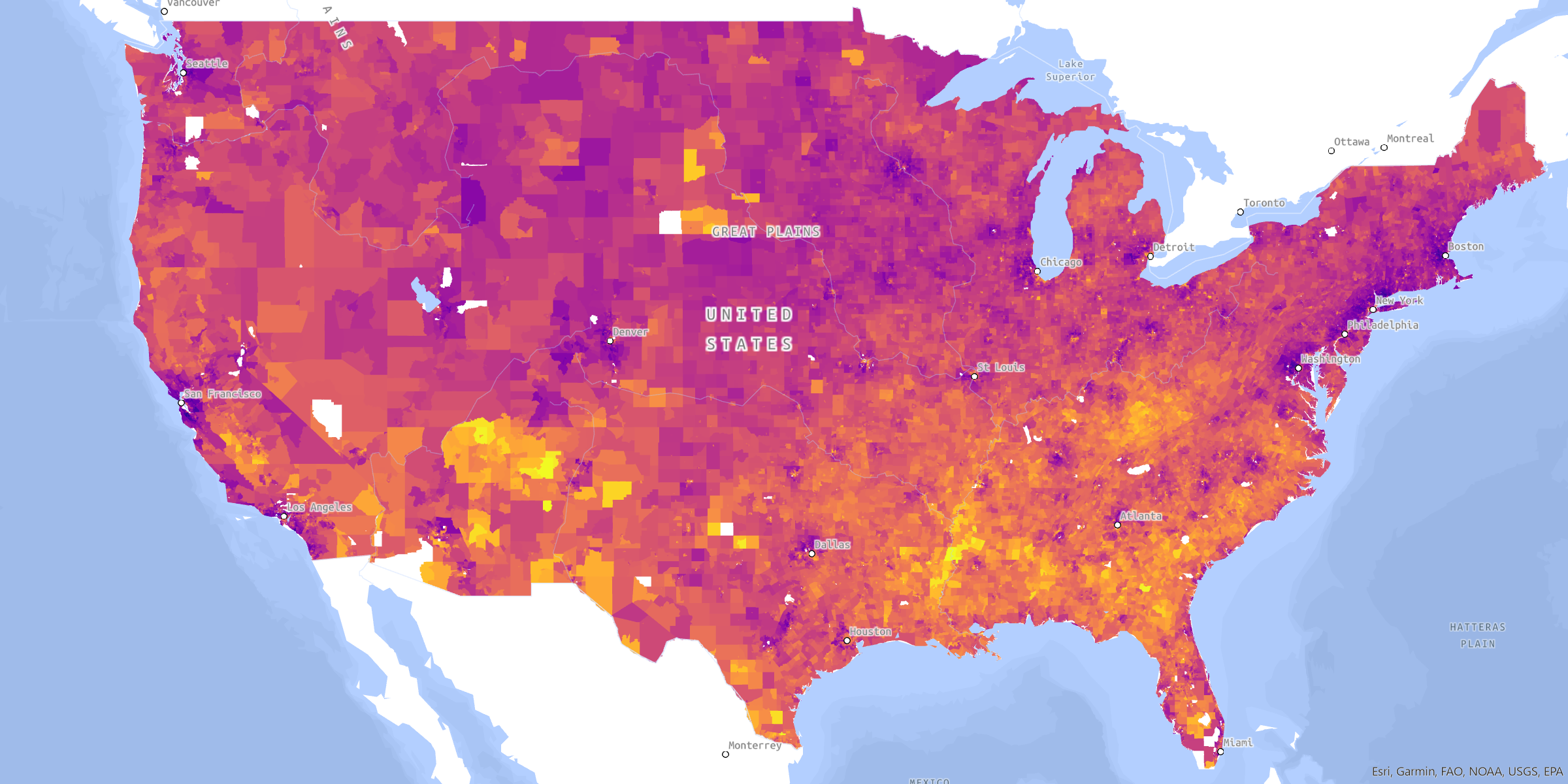The Structural Racism Effect Index (SREI) quantifies the neighborhood-level impact of structural racism using nine social determinant domains, compiled at the census tract level.
The SREI compiles data about the built environment, criminal justice, Education, employment, Housing, income & poverty, Social cohesion, transportation, and wealth.
-
Read the foundational literature in health affairs
Published on October 3 2023 in Health Affairs, “Measuring the Enduring Imprint of Structural Racism on American Neighborhoods” is a peer-reviewed paper on the initial construction and validation of the SREI.
-
Explore the data for your neighborhood
The SREI is visualized in a web map displaying information on each census tract’s overall and domain scores, relative rank compared to other neighborhoods, and ethnoracial composition.
-
download the SREI data and learn more about its methods
The SREI data and methods are freely available for public use with attribution for research, advocacy, policy-making, and storytelling. Learn more about the variables used in constructing the SREI and download the scores today for 98% of census tracts in the US.
Contact us /
Register for data access
We’re looking to build a network of researchers and practitioners committed to the measurement of neighborhood-level structural racism and the use of such data to effect change. If you’re interested in data updates, have ideas for how to improve the SREI or individual domains, have noticed anomalous data, or just have questions about the SREI, please reach out through the form here.
